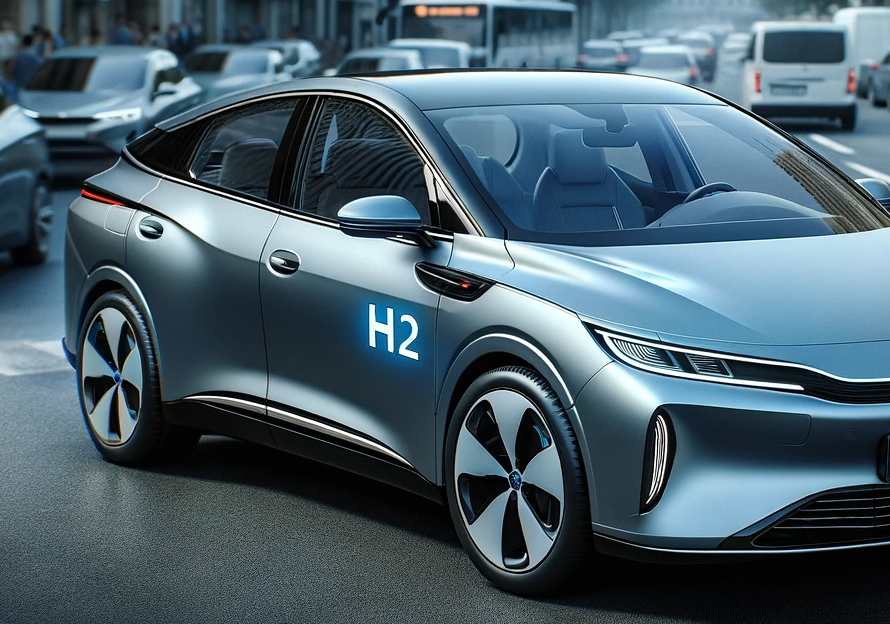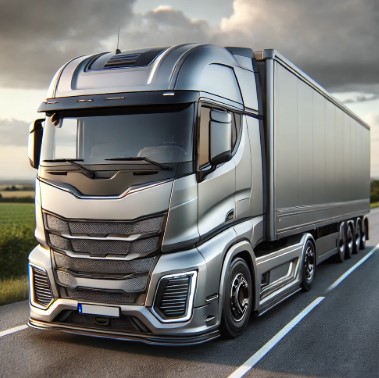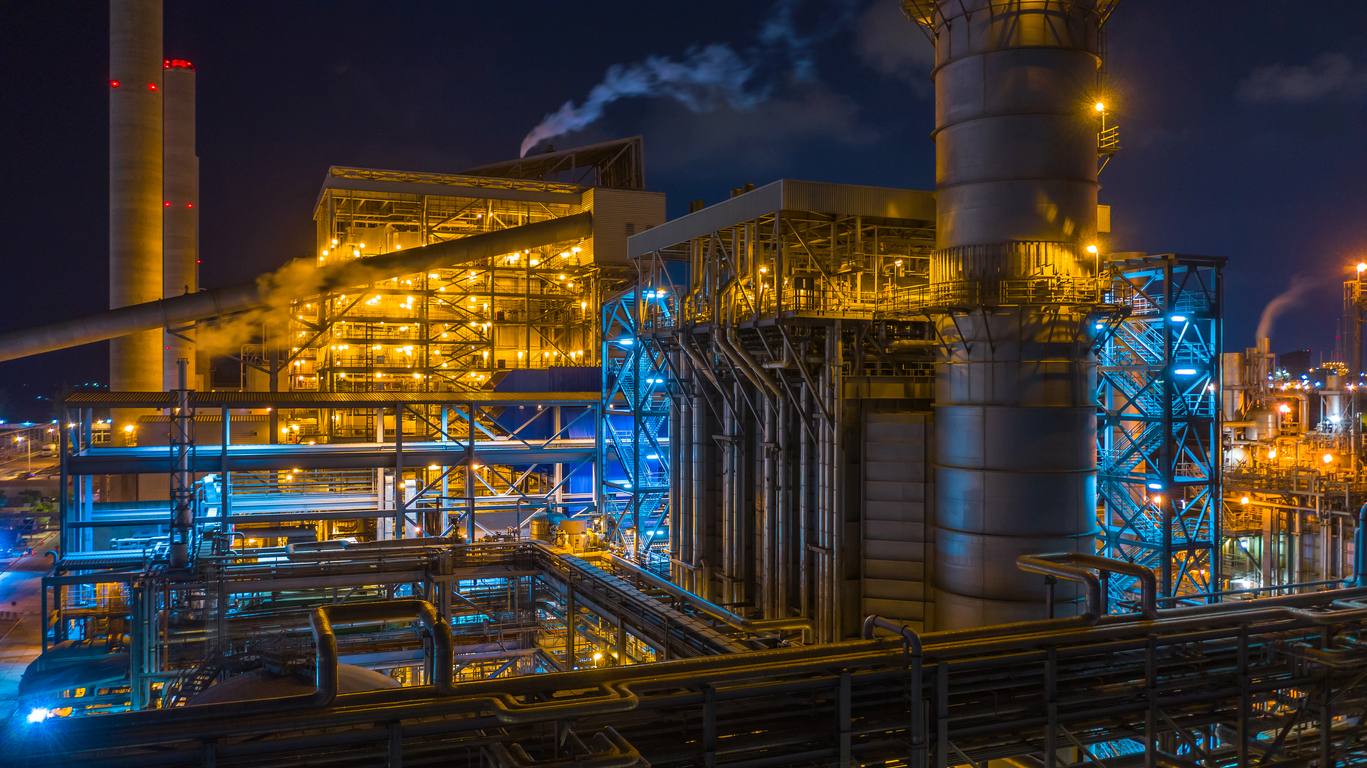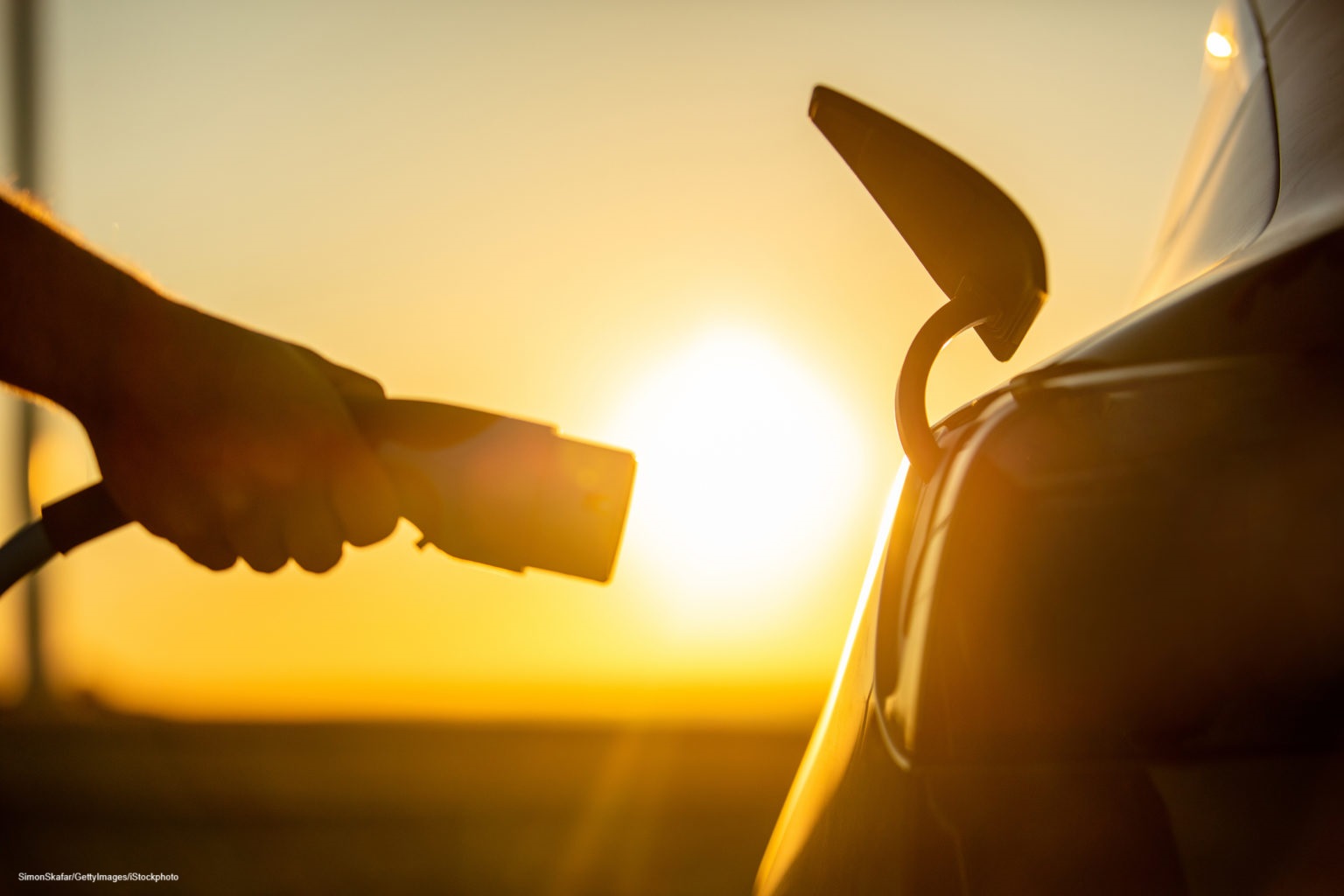Government approves trial of hydrogen-powered tram in South Korean city
28. October 2021A hydrogen-electric-powered tram developed by Hyundai Rotem will be trialled in the southeastern industrial and port city of Ulsan from 2023 as part of a government programme to promote hydrogen-powered trains. Hyundai Rotem is a subsidiary of the South Korean Hyundai Group and produces wagons and locomotives. The fuel cells used to power the trams come from the automotive industry and are modified for use in trains. To this end, the Ulsan city government announced that it had received final approval from the Ministry of Trade, Industry and Energy to proceed with the project. The trams used for testing are equipped with a 400 kilowatt fuel cell module and can travel up to 200 kilometres on one tank of fuel at a maximum speed of 70 km/h. Construction components of such transport vehicles often require KC approval for import and use in Korea to guarantee that they meet Korea’s high quality standards.
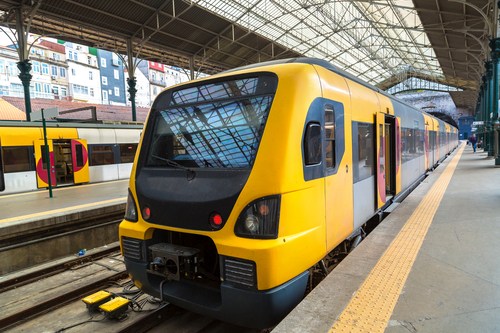
The trams are being developed and tested by Hyundai Rotem, which presented a concept study in April. About 36.5 million US dollars are being invested in the project, with the state-run Korea Railroad Research Institute (KKRI), the Korea Automotive Technology Institute (Katech) and the Ulsan Techpark among the partners. The government in Seoul wants to develop key technologies for hydrogen-powered trains together with domestic industry in order to offer the end products to foreign customers. Hydrogen-powered trams are believed to be the next generation of public transport. This could help advance South Korea’s plans for a hydrogen-based economy. A 1.9-kilometre light rail line without catenary is also being built in the southern port city of Busan. Construction work on this will begin this year, with completion scheduled for 2023. An extension of the line by another 3.3 kilometres is under discussion. Here, for example, the Hyundai Rotem fuel cell tram could be used.
Due to their environmentally friendly characteristics during operation, fuel cells are considered to be the powertrain and energy source of the next generation. The Hyundai Group, for example, is working on building up its value chain in the field of hydrogen with the development of cars, commercial vehicles, trains and ships with fuel cells or direct hydrogen powertrains. To this end, KRRI has entered into the development of locomotives with hydrogen engines that can travel at least 1,000 kilometres on one tank of fuel at a top speed of 150 km/h. The liquid hydrogen used as a fuel has the advantage over the gaseous phase that almost twice the amount of energy can be carried in the same volume. Disadvantages, however, are the complex cooling system and thick-walled tanks for insulation. The researchers at KRRI expect their technology to be ready for the market by 2025. In the second half of 2022, a prototype with hybrid powertrain, storage tanks and fast-charging function will be tested for this purpose.
South Korea is considered one of the most important and innovative industrial nations in the world. To gain market access to this highly technological country, products imported into South Korea must be tested and certified. The KC mark or KC certificate is roughly equivalent to the European CE mark and applies to 730 different products. MPR International GmbH has solid experience in Korea certification and competent local partners. We will be pleased to advise you without obligation about the scope and procedure of a Korea certification.
If you need assistance or have any questions regarding Korean certifications like KC, KC EMC, KCs or KCs for explosion safety products, feel free to contact us any time.
Tel.: +49-69-2713769259
Email: info@korea-certification.com
Urgent questions?
Please do not hesitate to contact us via chat. You will find the chat window at the bottom right of each page (if this is not visible, please check your browser settings).
For more information you can download our free brochure “Korea Certification Made Easy – The Booklet“.




